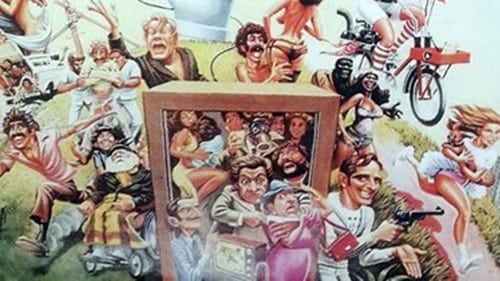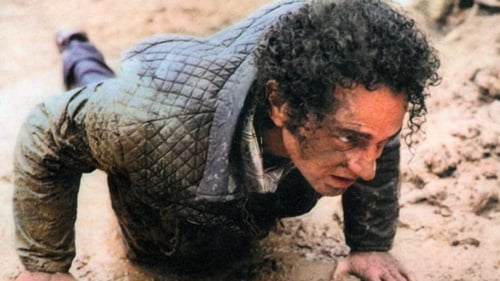
(segment "Germano")
An omnibus project examining, well, the state of the world.

A short contemporary story about the crew of a small Brazilian fishing boat. Part of the anthology The State of the World.

Modesto Pires
Just when her family starts believing that she is dead, and that they can expect a rich heritage, Tieta returns from São Paulo to her native village in Bahia, which she had been forced to leave long ago because of some involvement with a goat herd. Believed to be fabulously rich - and nobody knows how - she brings to the great disappointment of her family a young step-daughter and heir. With the arrival of Tieta turmoil enters into the life of her family and their fellow villagers. Most particularly into the life of her nephew - promised to the Church - and the young aspiring mayor.

Paulo Otávio is the host of a pirate radio station on the slums of Rio de Janeiro. He struggles to mantain the station working, since the only help he's got comes from news reporter Calói. Their story goes beyond as the city starts to face a crime wave.

Emílio Veiga
In a small city of Brazil, Flor, a cooking teacher, marries Vadinho, a very handsome and erotic man. Once married she finds he is a good-for-nothing who takes all her money to gamble. After his death, Flor misses the goods of the marriage so she marries again with a very correct gentleman - the owner of a drugstore. Now she's very happy with her man, but misses the erotic moments with her previous husband. One day, Vadinho comes back as a ghost to quench her desires.

An accident at a construction site, resulting in one death, sets one worker off on a struggle for justice that exposes the mechanisms of exploitation and the class relations of a country that had undergone one decade of fast-paced ‘conservative modernisation’ at the hands of the military. As a sort of sequel to the classic The Guns (1964), following the fate of those characters as they move from enforcers of exploitation to exploited, it offers more than a snapshot of the period: the correspondent time lapses in fiction and reality capture the passage of a chunk of Brazilian history between the two films, and, therefore, also the transformations in cinematographic approaches to the social and political between the two moments. Equally daring in content and form, and in the originality of the adequacy of one to the other, it won the Silver Bear at Berlin.

Funcionário




